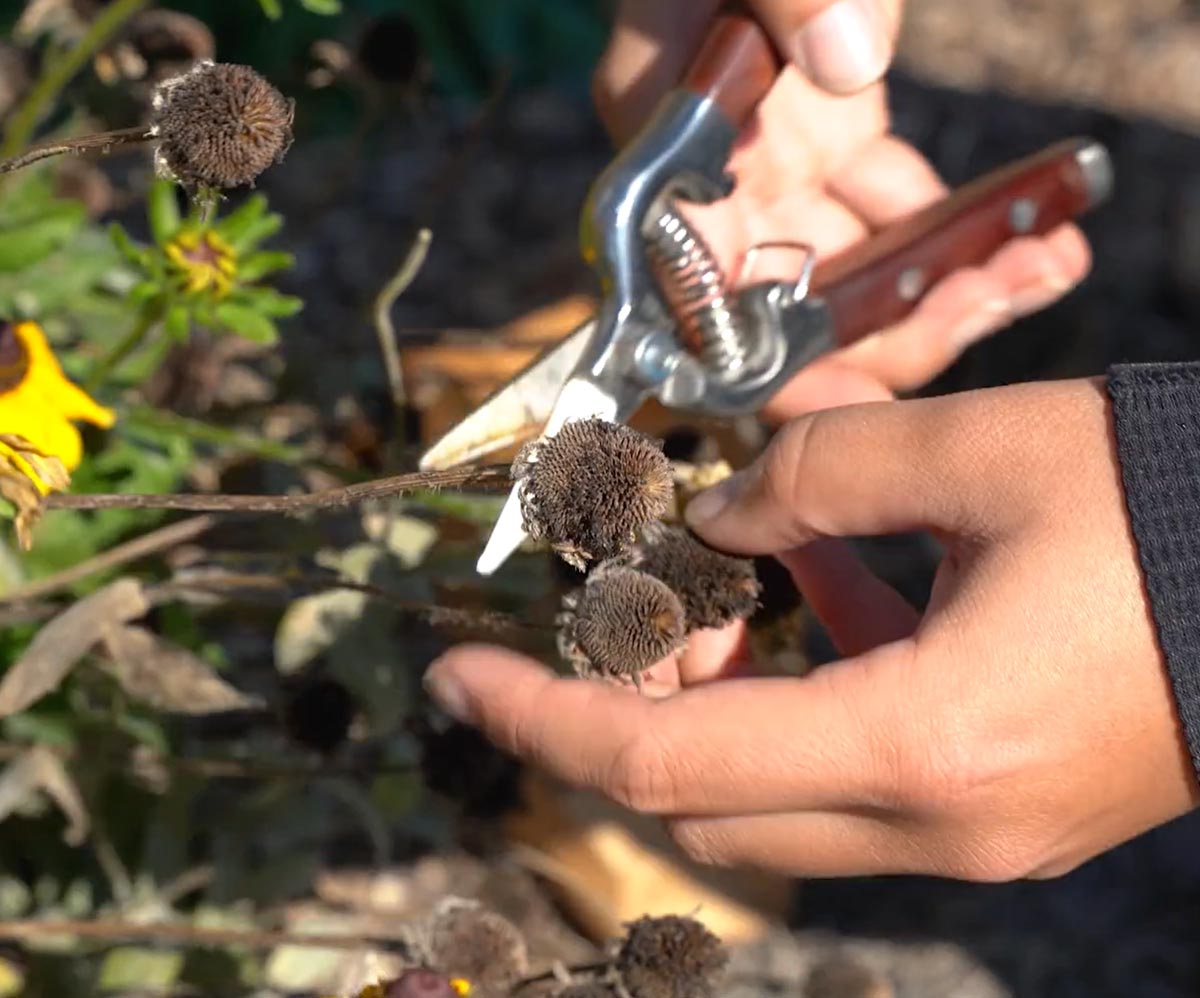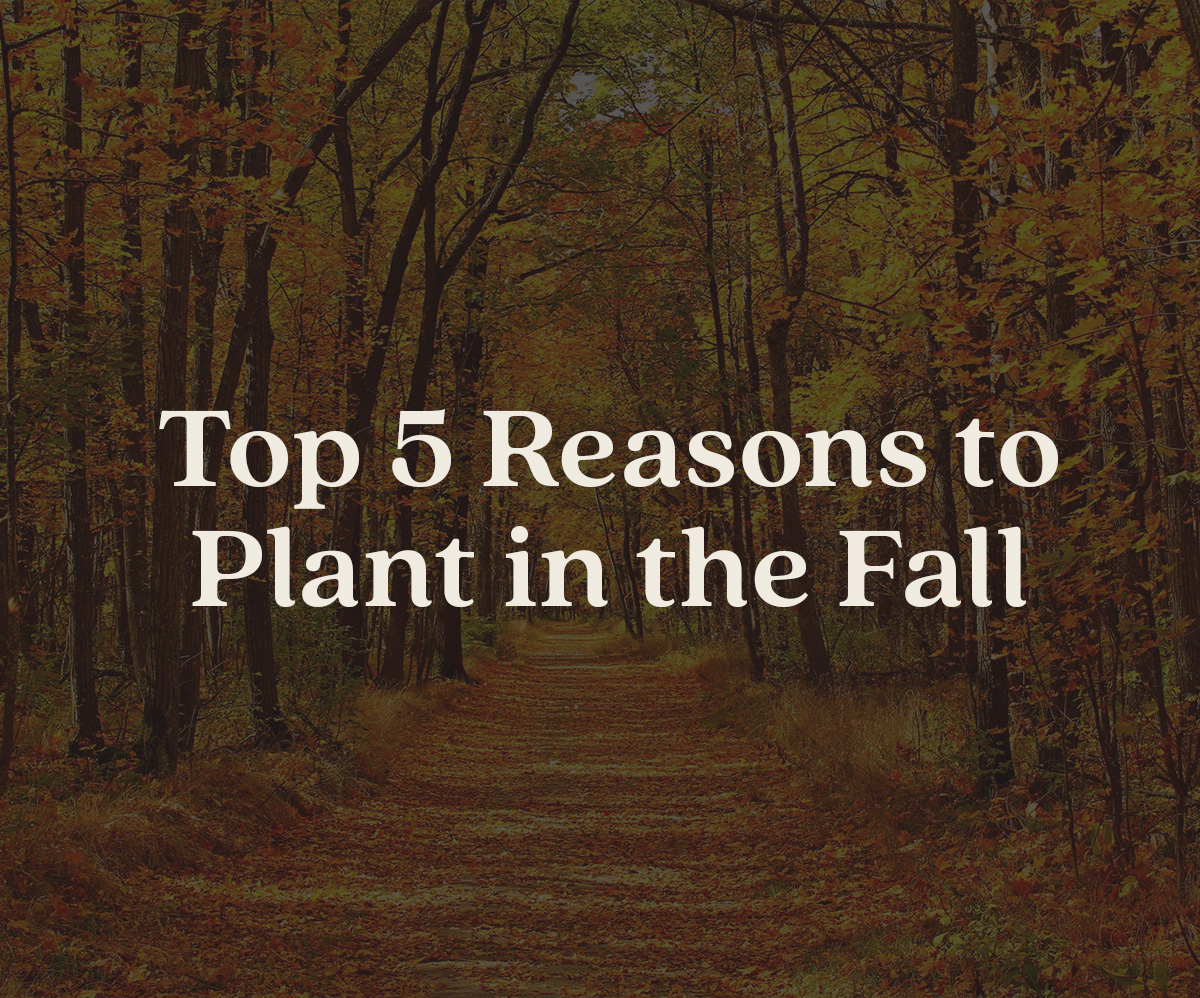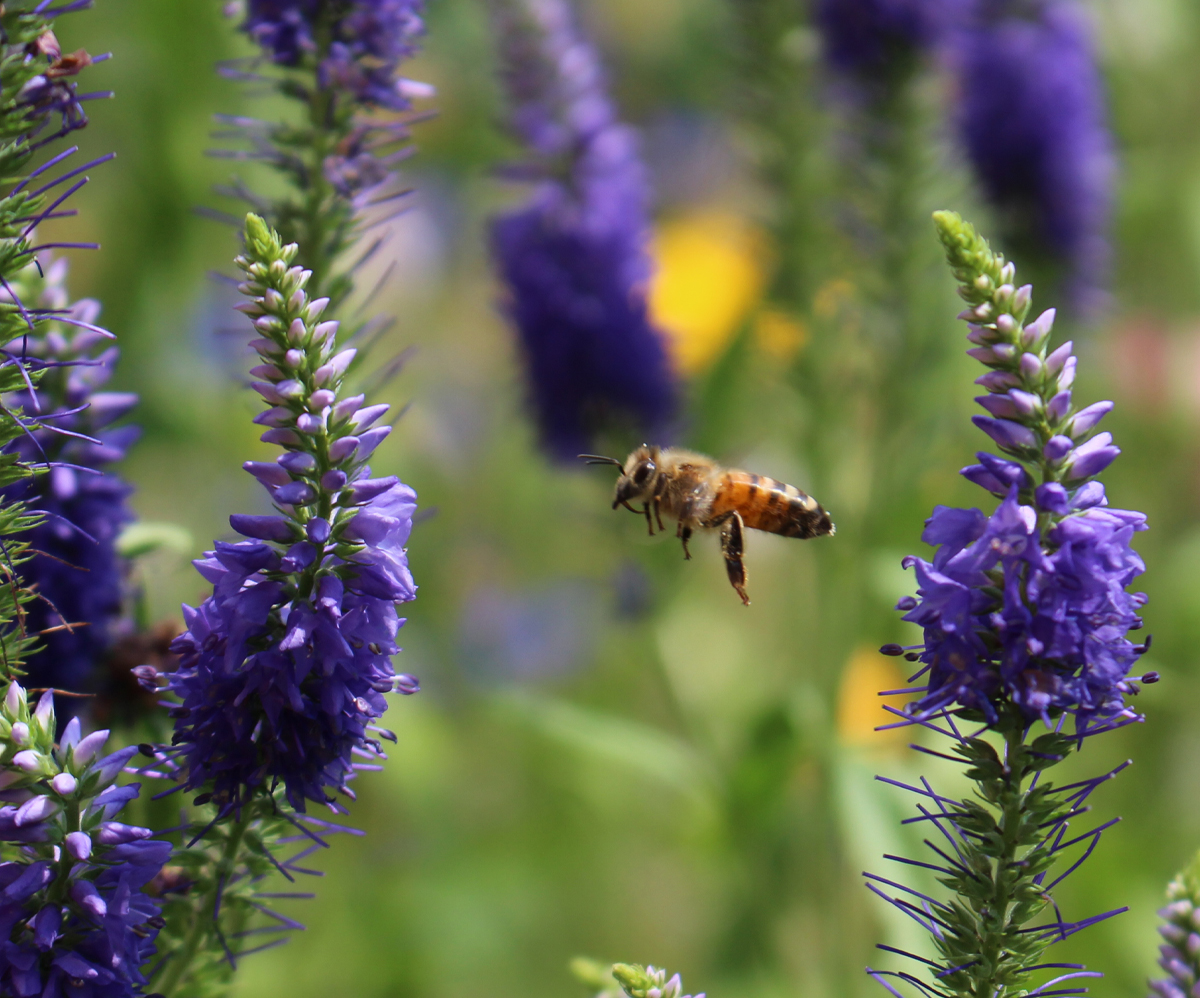

Collecting native seeds to replant is a simple way to help local plants, support wildlife, and grow your own native plant garden. You don’t need much experience to get started, just a little care and attention.
READ MORE
While spring is often seen as the prime planting season, autumn offers several unique advantages that can set your garden up for success next year. Let’s explore why planting in the fall could give your garden the head start it needs.
READ MORE
Pollinators are the unsung heroes of our ecosystem, playing a crucial role in the reproduction of plants we rely on for food, beauty, and biodiversity. As pollinator populations face unprecedented declines, it's more important than ever to create havens in our gardens that welcome and support these vital creatures.
What is a Pollinator Garden?
A pollinator garden is not just any garden – it's a vibrant oasis designed specifically to attract and nourish pollinators like bees, butterflies, birds, and more. These gardens prioritize native flowering plants, strategically chosen to provide a continuous supply of nectar and pollen throughout the growing season.
Why Are Pollinators Important?
Imagine a world without fruits, vegetables, or flowers – that's the stark reality we face without pollinators. These industrious creatures facilitate the reproduction of over 80% of flowering plants, ensuring the production of seeds, fruits, and nuts essential for human and animal diets. By supporting pollinators, we safeguard our food supply, promote biodiversity, and enhance the beauty of our landscapes.
Creating Your Pollinator Paradise
Building a pollinator-friendly garden is easier than you might think. Whether you have acres of land or a cozy balcony, you can make a difference for pollinators. Here are some simple steps to get started:
✅ Assess Your Space: Take stock of your garden's conditions – soil type, sunlight exposure, and available space. Choose plants that thrive in your environment to maximize success.
✅ Plant Diversity: Aim for a diverse array of flowering plants to attract a variety of pollinators. Select species that bloom at different times throughout the season to provide a continuous food source.
✅ Native Plants Rule: Native plants have co-evolved with local pollinators and are perfectly suited to their needs. Incorporate a mix of native flowers, shrubs, and trees to create a welcoming habitat.
✅ Think Vertical: Layer your garden with plants of varying heights to mimic natural ecosystems. Tall trees and shrubs provide shelter and nesting sites, while ground-level flowers offer easy access to nectar and pollen.
✅ Say No to Chemicals: Pesticides and herbicides harm pollinators and disrupt delicate ecosystems. Embrace organic gardening practices to protect your pollinator friends and the environment.
✅ Water and Shelter: Pollinators need more than just food – they also require water and shelter. Create inviting spaces with bird baths, shallow dishes of water, and native plants that offer refuge from predators and harsh weather.
Planting for Pollinators in Southern Ontario
In Southern Ontario, we're fortunate to have a wealth of native plant species that attract and support pollinators. From early spring blooms to late fall flowers, there's something for every season. Here are a few pollinator-friendly plants to consider for your garden:
Spring Blooms:
Wild Lupine (Lupinus perennis)
Garden Phlox (Phlox paniculata)
Common Milkweed (Asclepias syriaca)
Serviceberry (Amelanchier species)
Summer Delights:
Butterfly Weed (Asclepias tuberosa)
False Sunflower (Heliopsis helianthoides)
Joe Pye Weed (Eupatorium maculatum)
Blackeyed Susan (Rudbeckia hirta)
Fall Favorites:
Smooth Aster (Symphyotrichum laeve)
Goldenrod (Solidago species)
Witch Hazel (Hamamelis virginiana)
Pale Purple Coneflower (Echinacea pallida)
Creating a pollinator garden is a rewarding journey that benefits both wildlife and humans alike. By welcoming pollinators into our outdoor spaces, we can make a meaningful contribution to conservation efforts and enjoy the beauty of nature up close. Start small, experiment with different plants, and watch as your garden comes to life with buzzing activity. Together, we can make a difference for pollinators and ensure a thriving future for our planet.